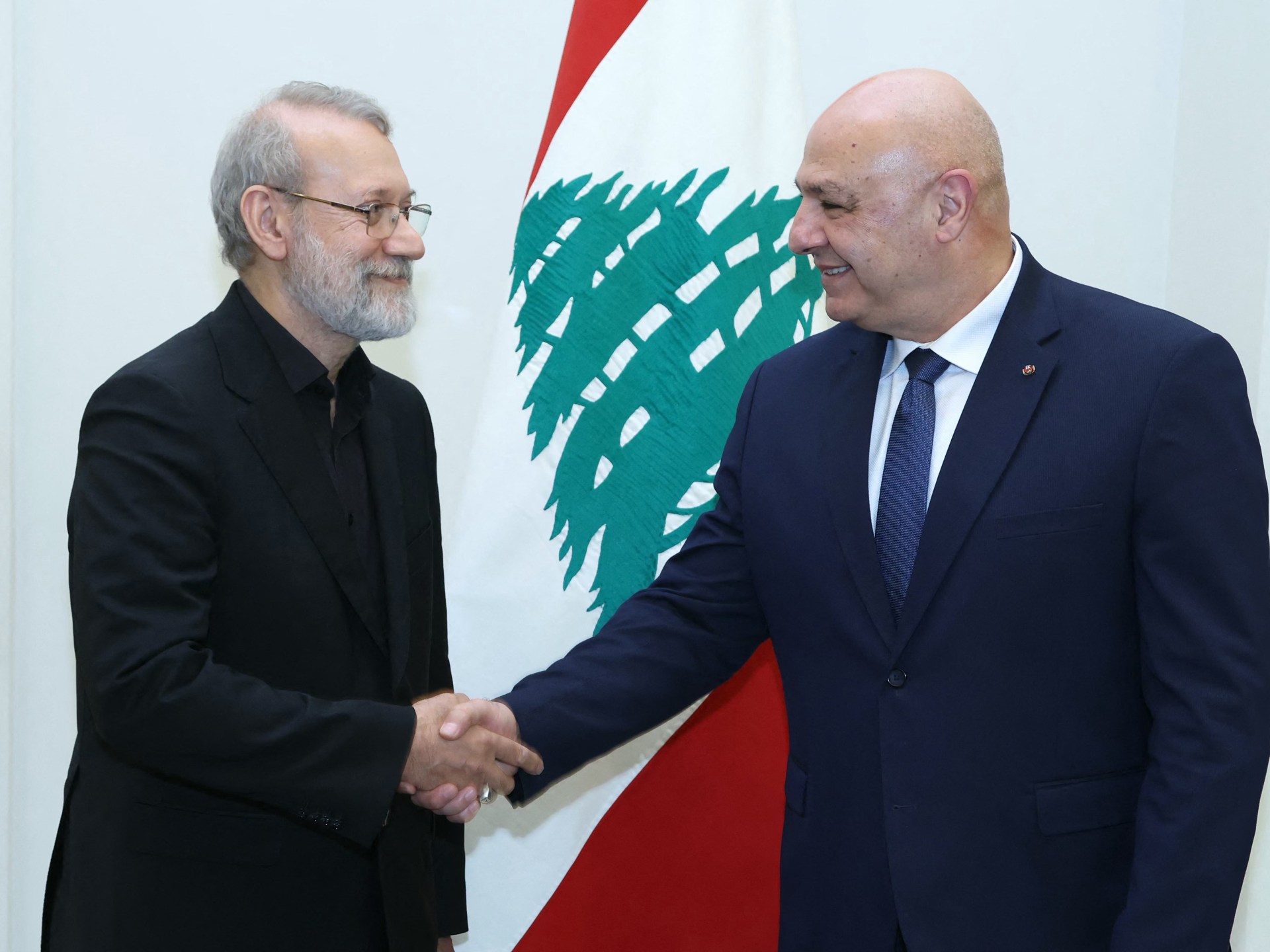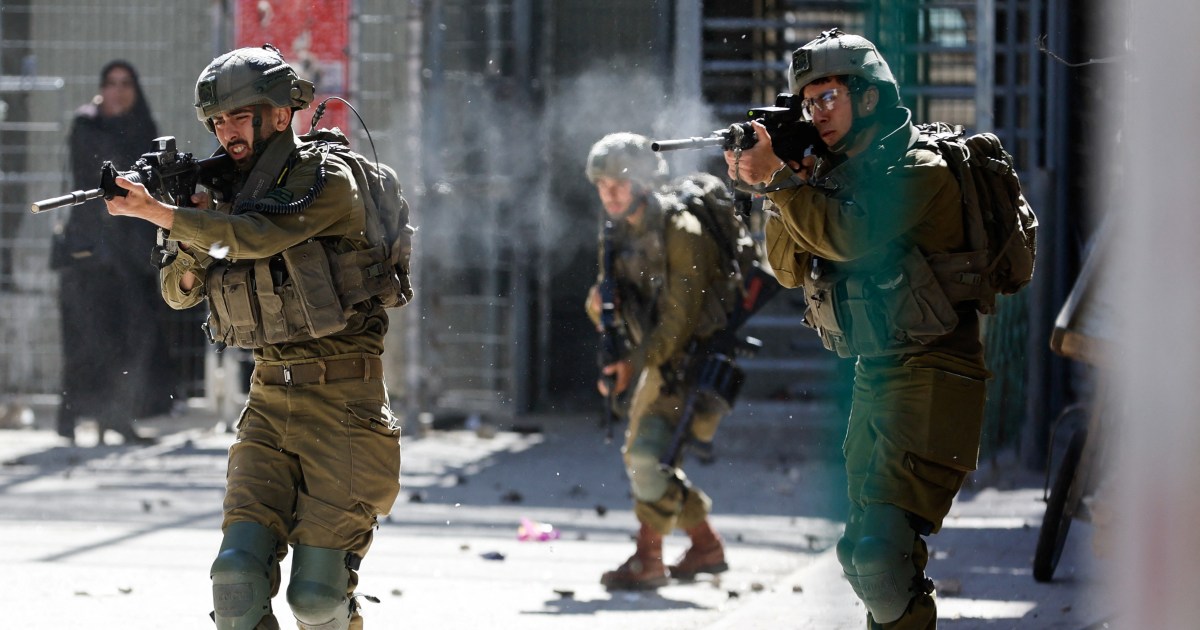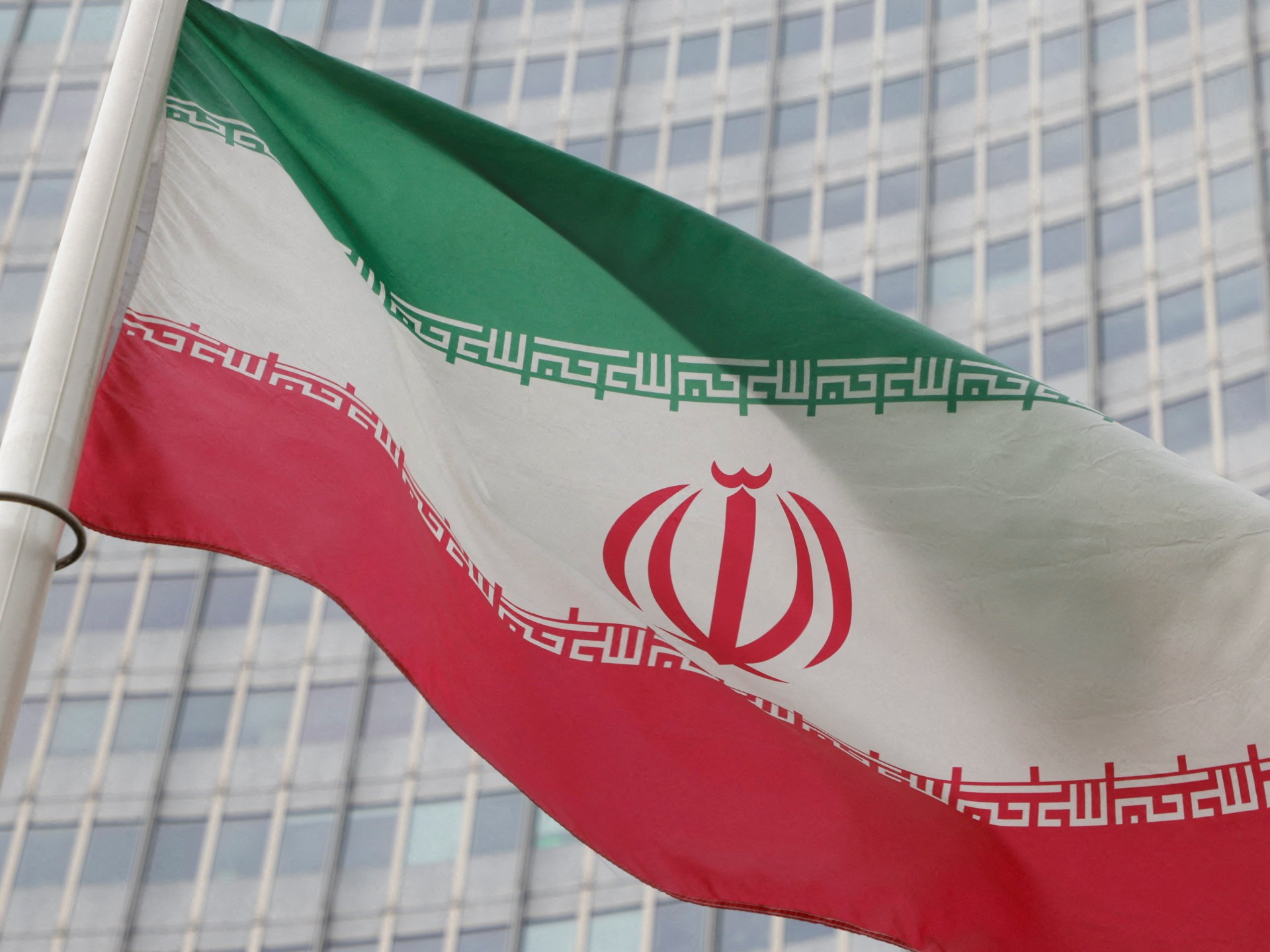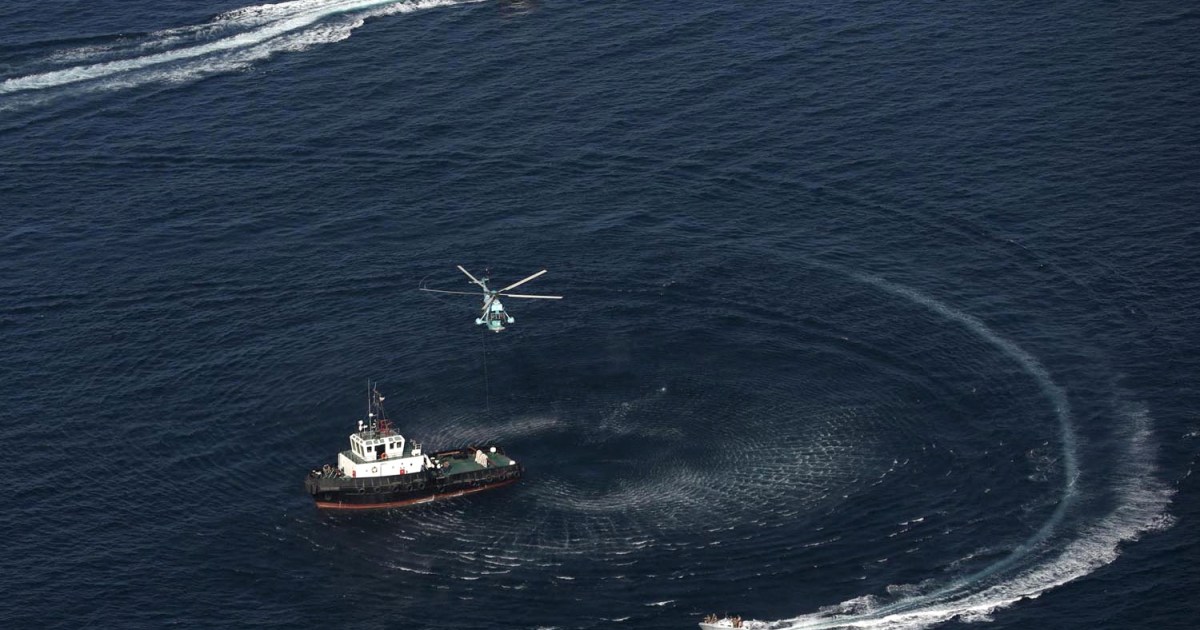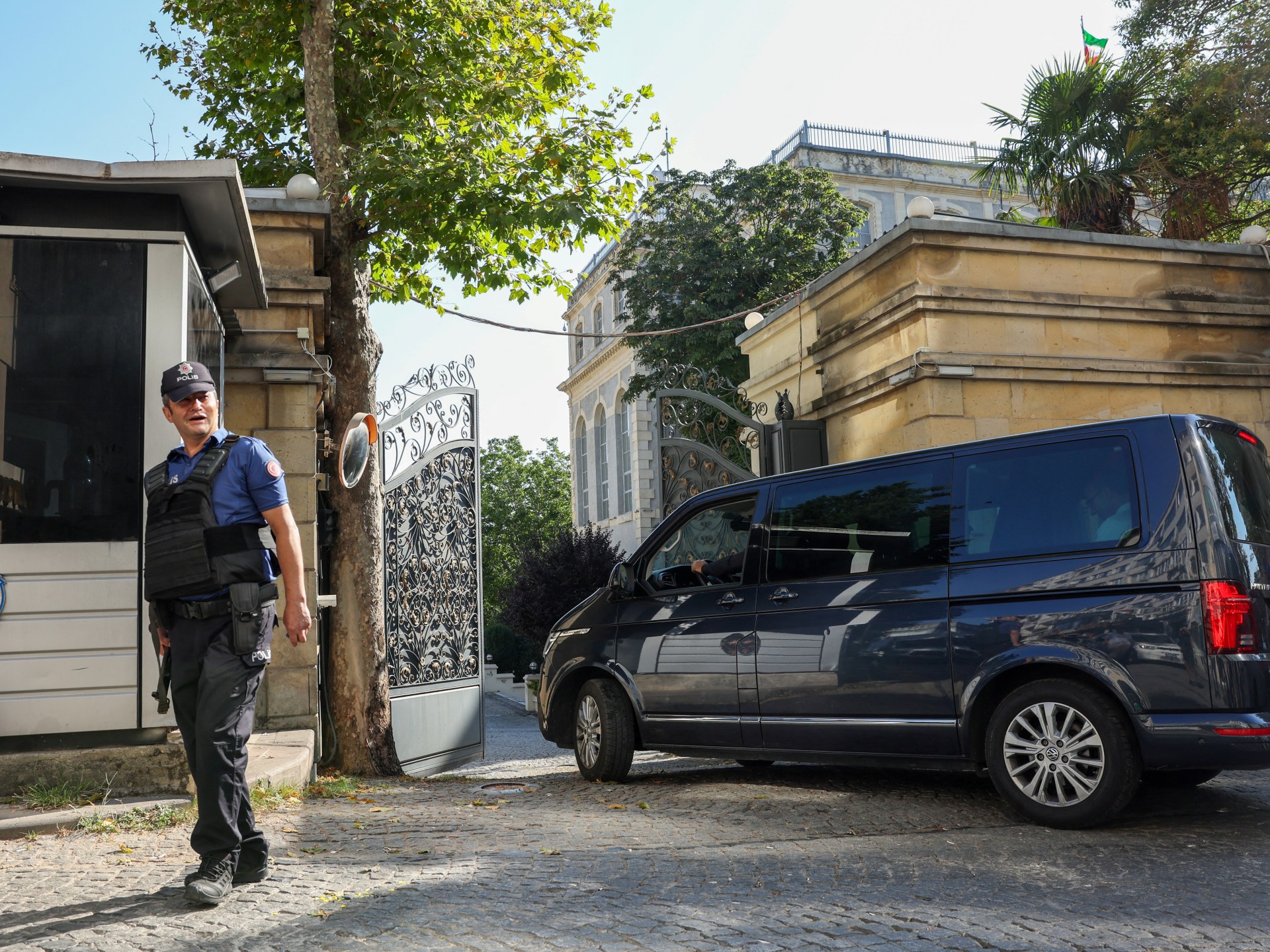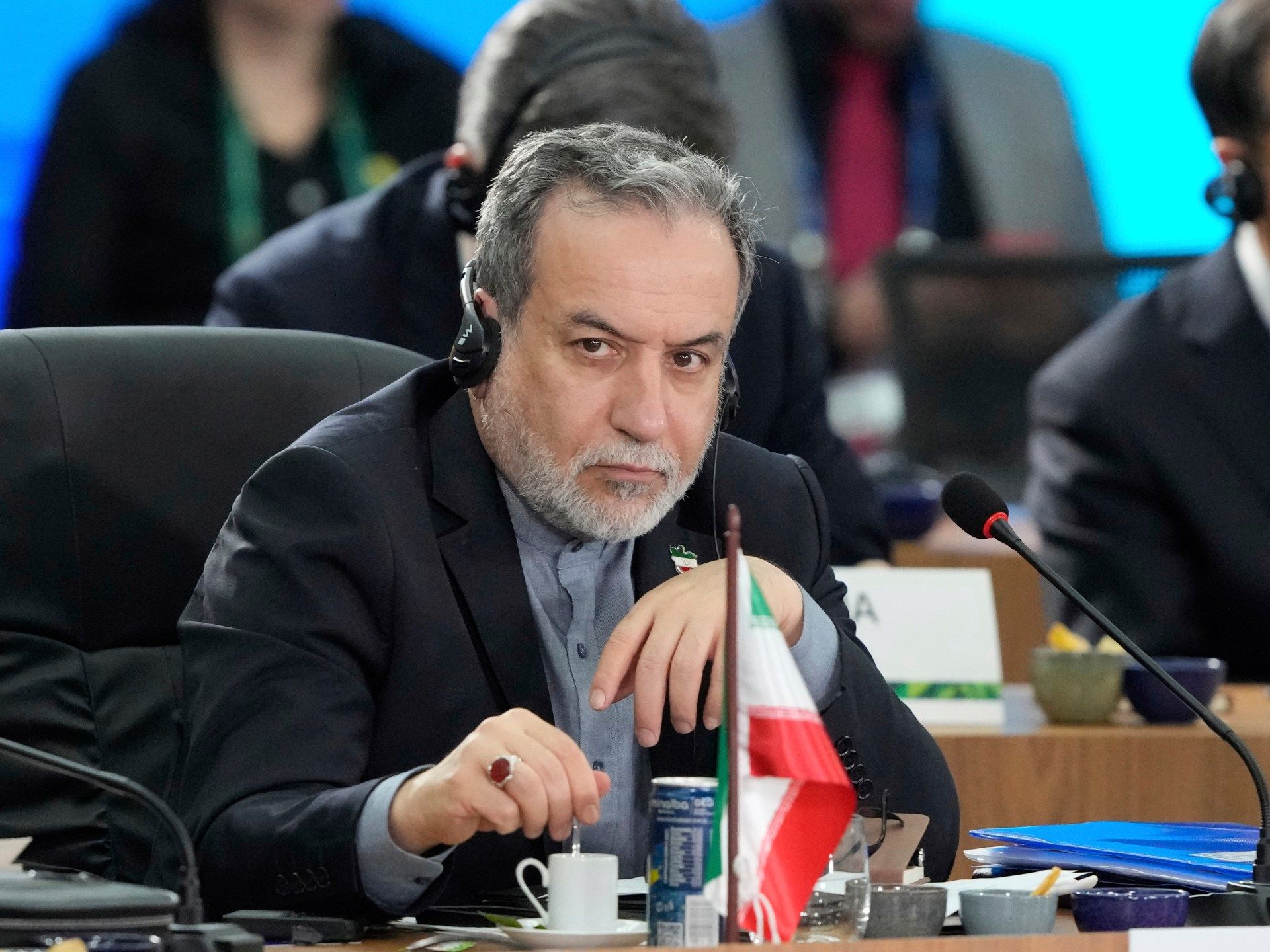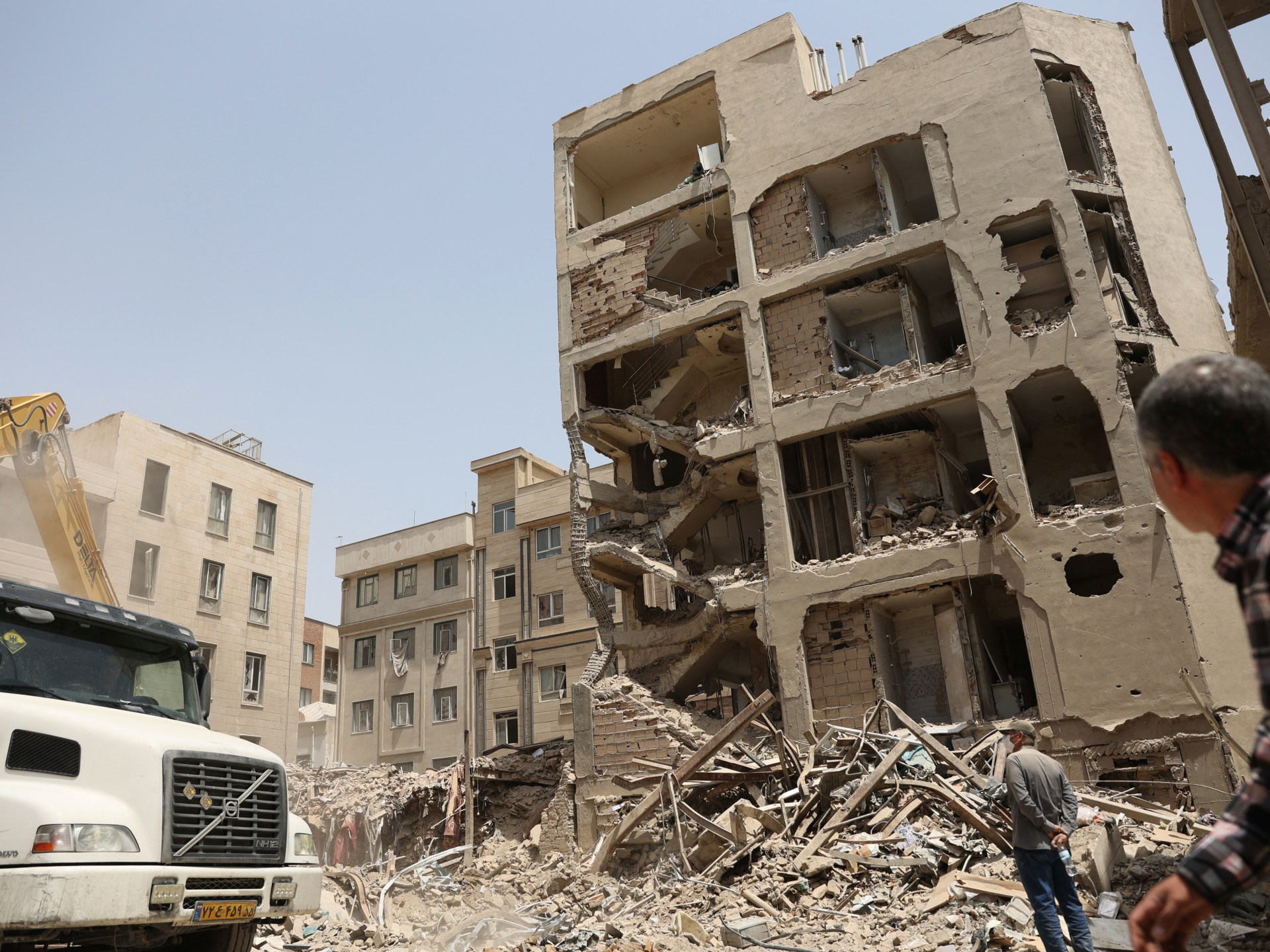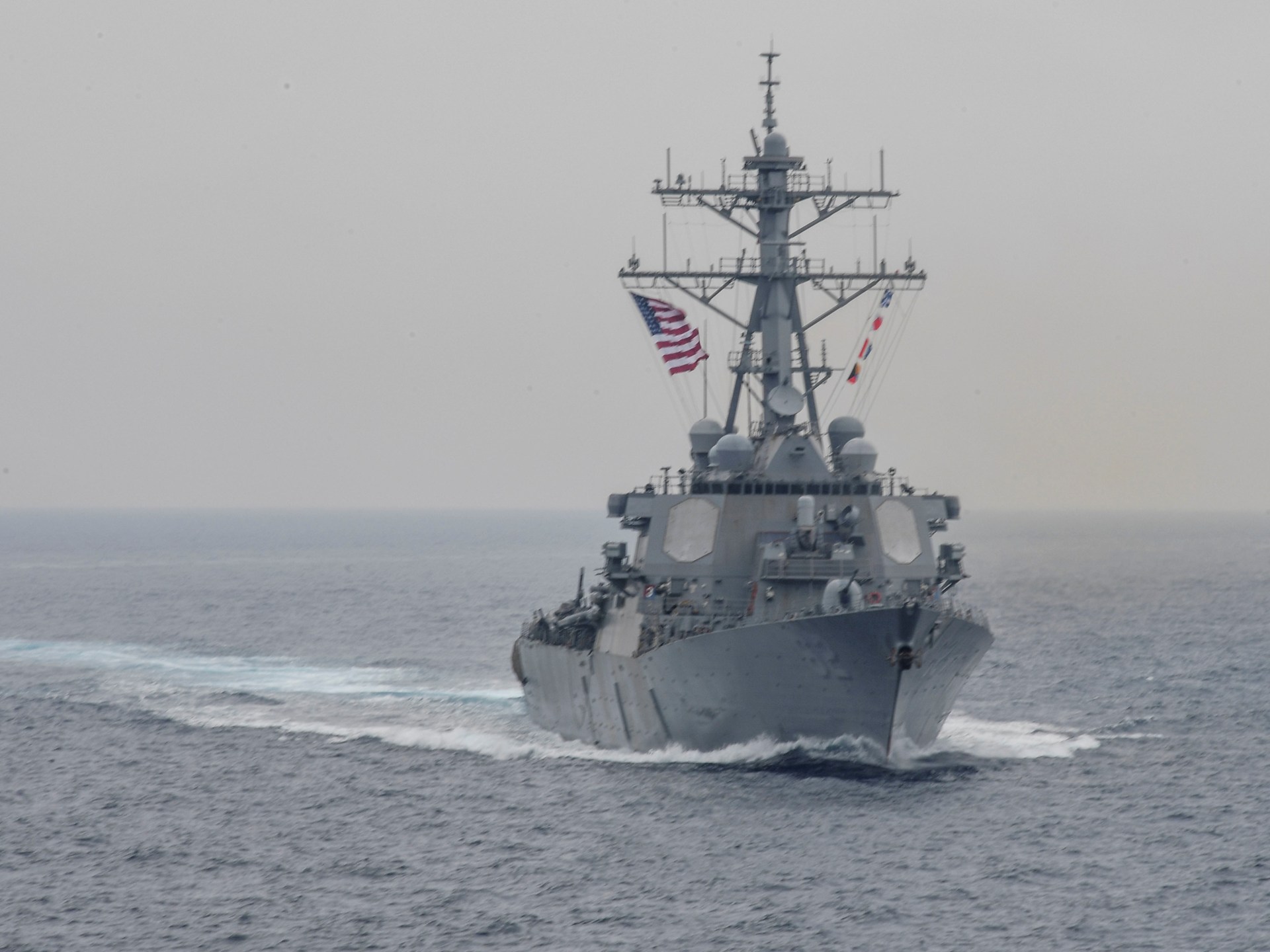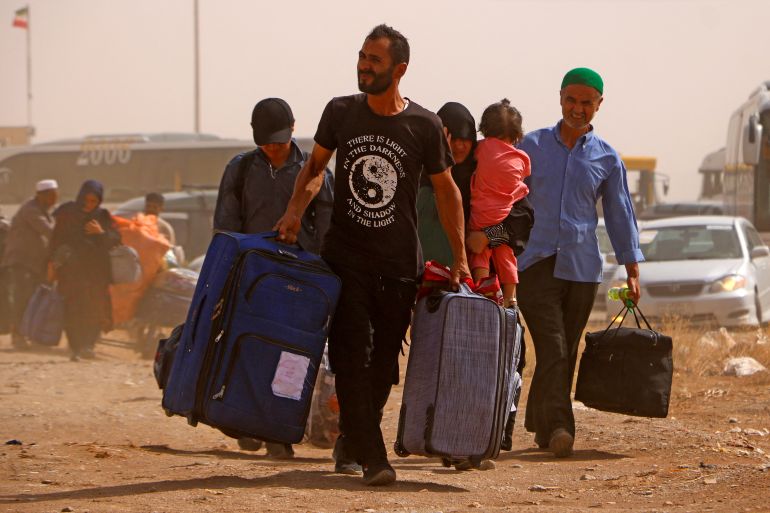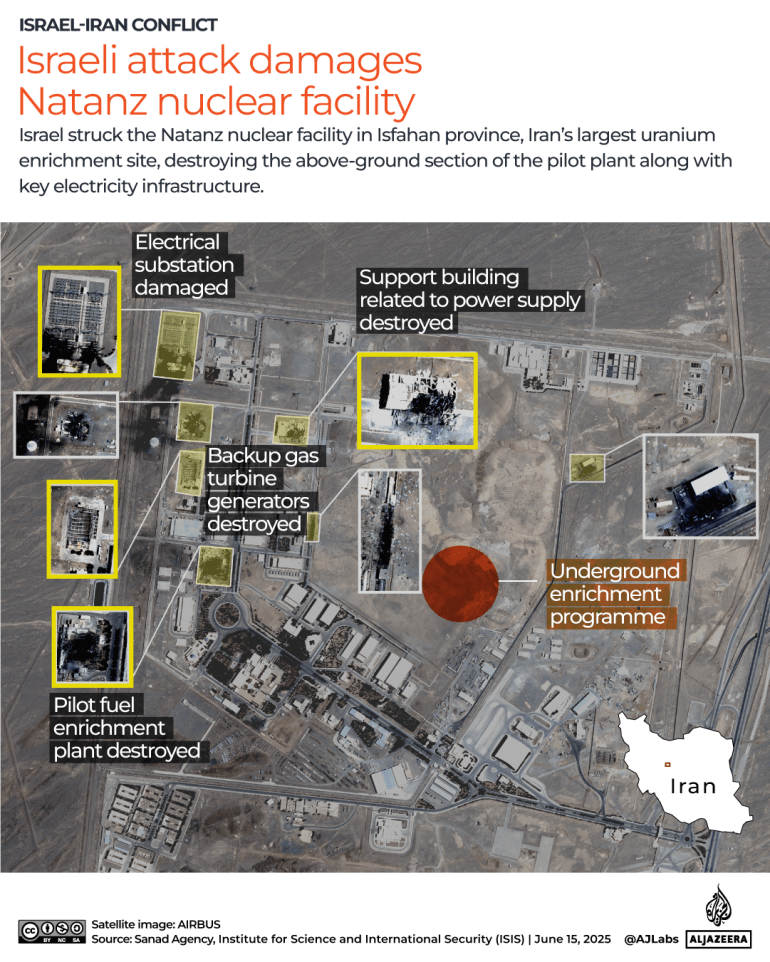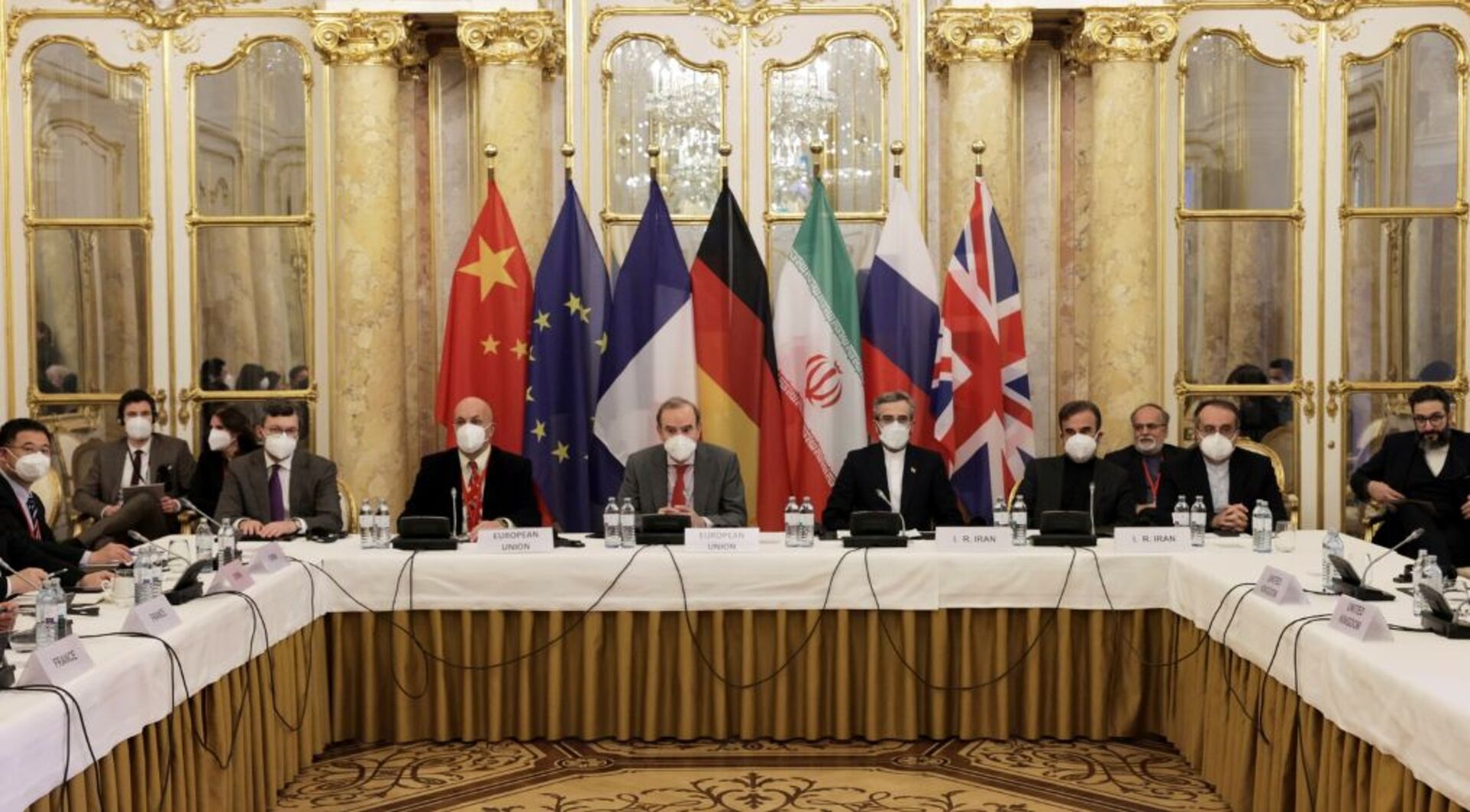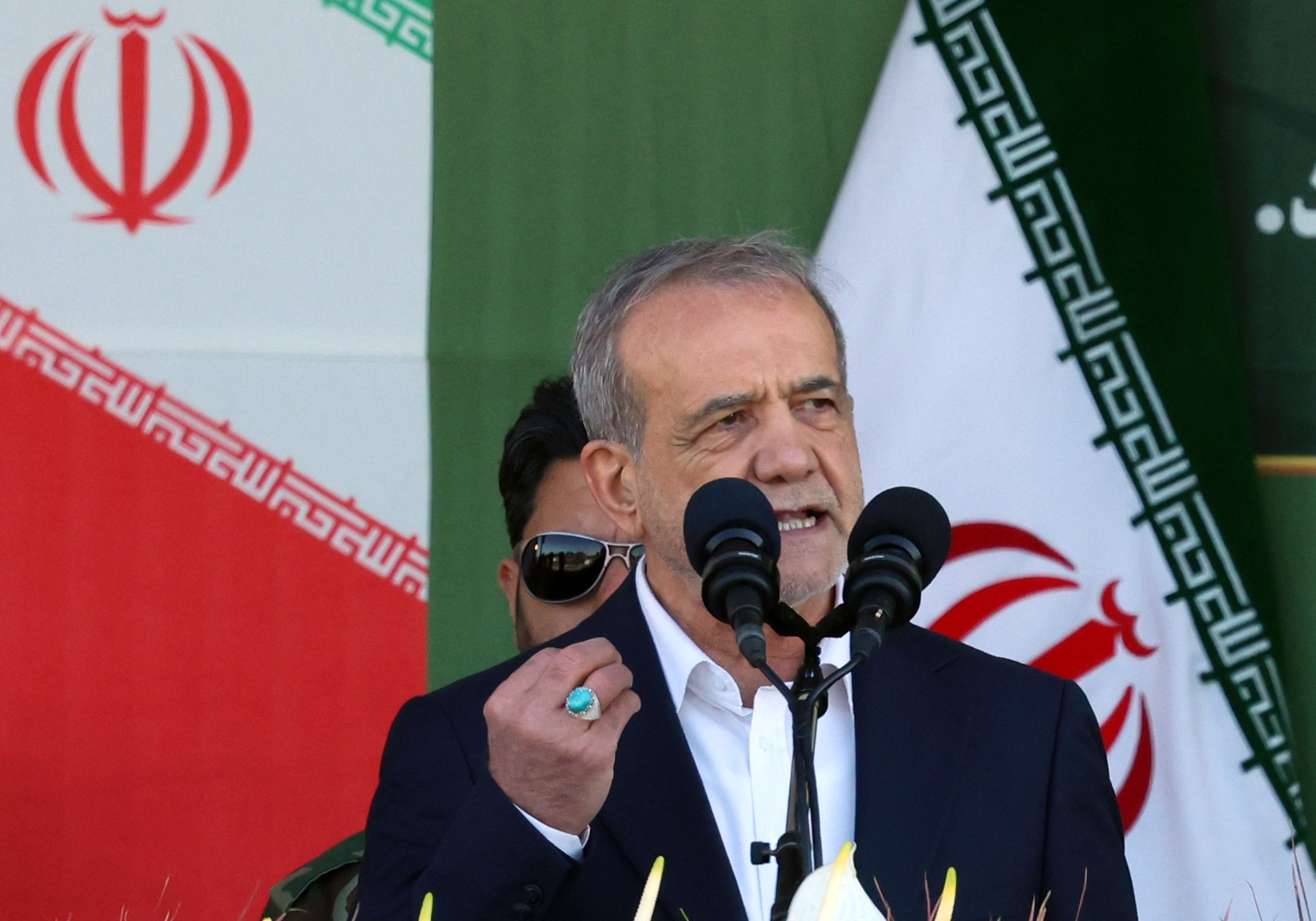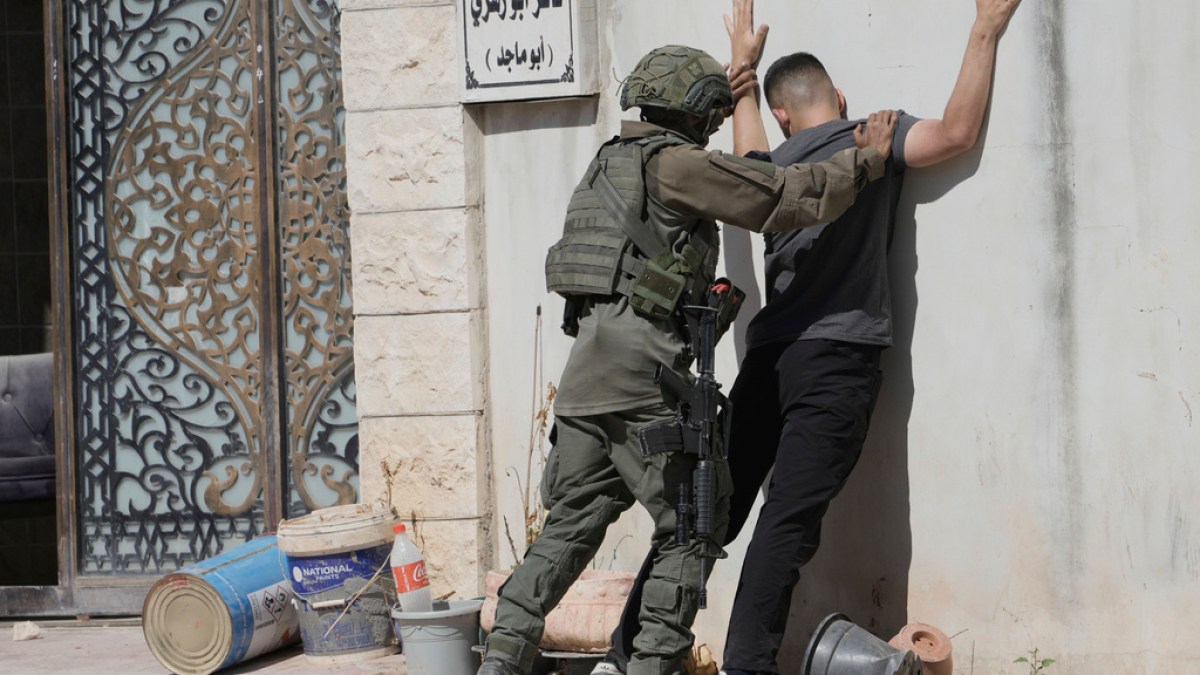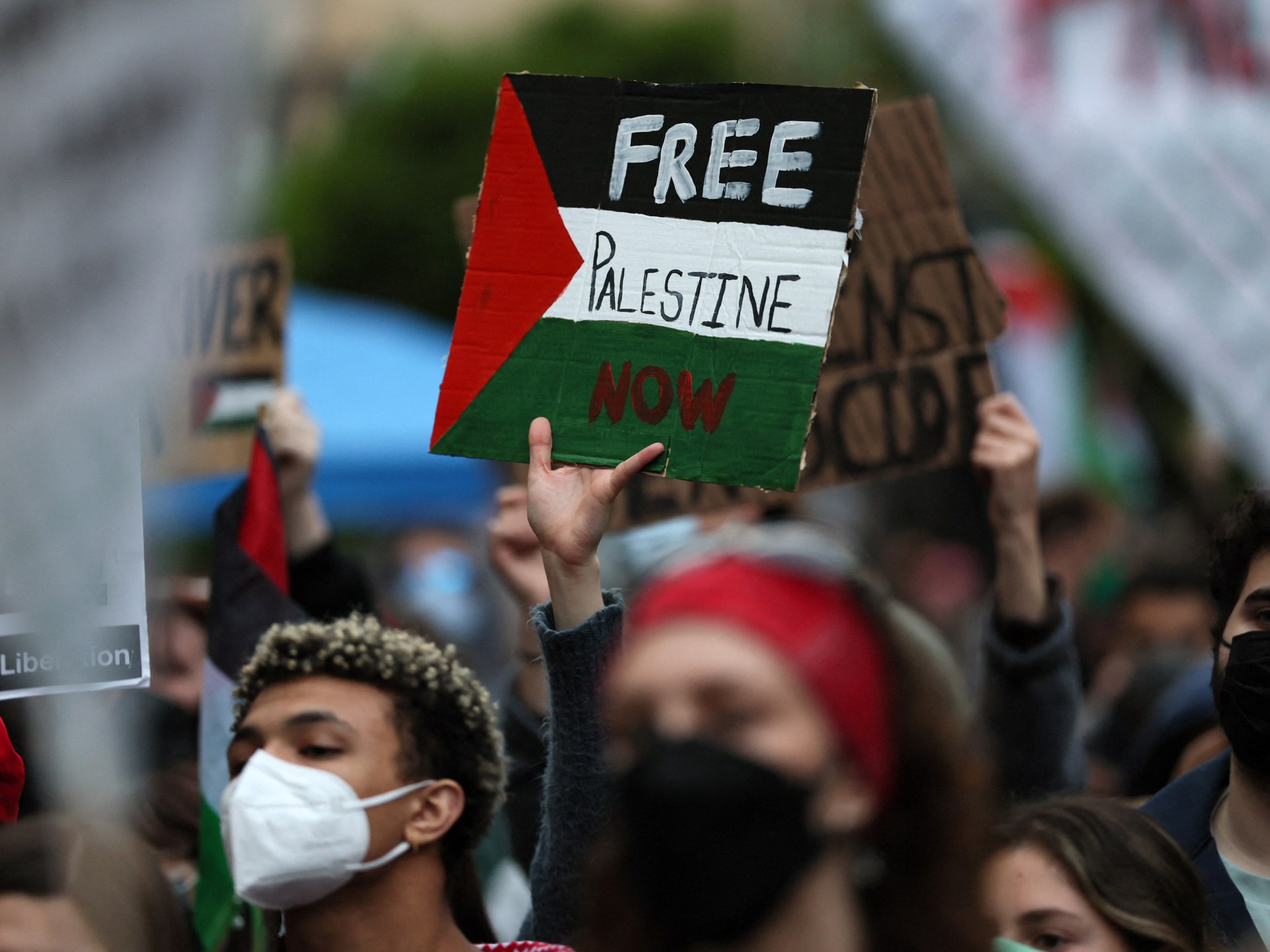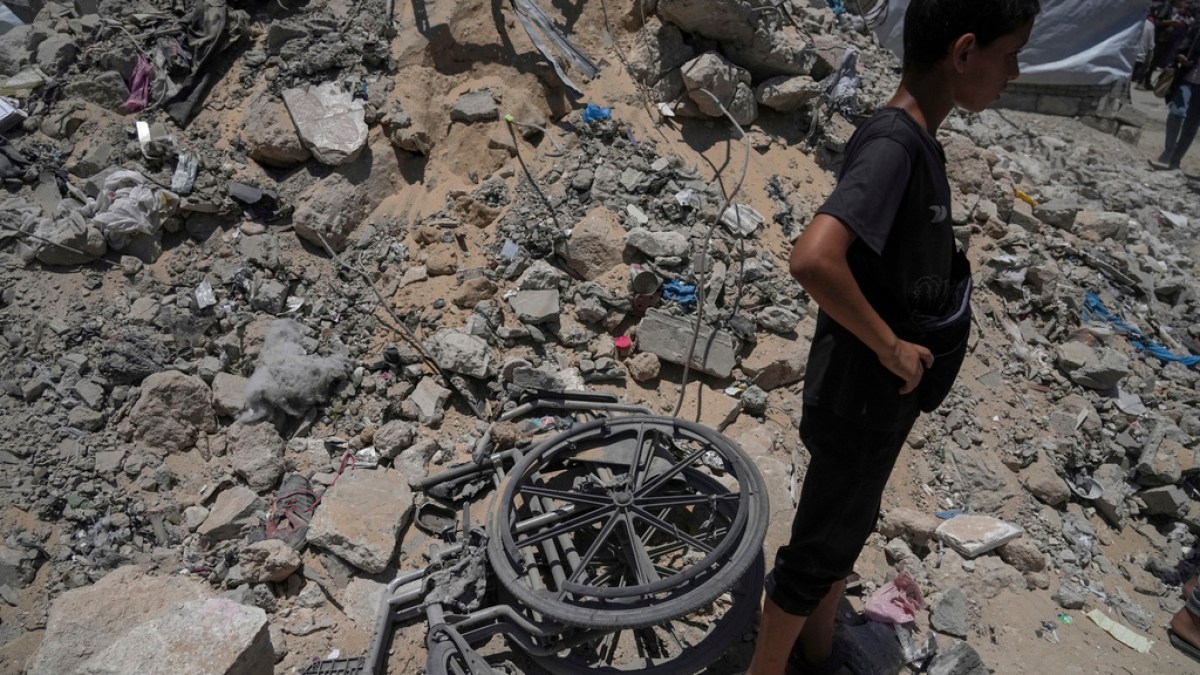Washington, DC – The United States government has acknowledged its use of Canary Mission — a shadowy pro-Israel website — to identify pro-Palestine students for deportation, sparking anger and concern by rights advocates.
Activists have long suspected that the administration of US President Donald Trump is gathering information from the Canary Mission website to target students and professors.
But on Wednesday, that suspicion was confirmed when a Department of Homeland Security (DHS) official testified in a court case challenging Trump’s efforts to deport pro-Palestinian student protesters.
Peter Hatch, an agent with Immigration and Customs Enforcement (ICE), said the department had assembled a specialised group — dubbed a “tiger team” — to work on removing pro-Palestine college students from the country.
He indicated to the court that some tips about students were communicated verbally, before explaining that the team had also combed through the nearly 5,000 profiles Canary Mission had compiled of Israel’s critics.
“You mean someone said, ‘Here is a list that the Canary Mission has put together?’” Judge William Young asked Hatch, according to court transcripts.
The official answered with a simple “yes”.
Heba Gowayed, a sociology professor at the City University of New York (CUNY), said the government’s reliance on an online blacklist that posts personal information to harm and intimidate activists is “absurd and fascist”.
“Canary Mission is a doxxing website that specifically targets people for language that they deem to be pro-Palestinian and therefore, they’ve decided, is anti-Semitic. Its sole purpose is to target and harass people,” Gowayed told Al Jazeera.
“How do you use a hate group … to identify people for whether or not they have the right to be present in the country?”
The crackdown
As demonstrations opposing the Israeli atrocities in Gaza swept college campuses last year, Israel’s advocates portrayed the protest movement as anti-Semitic and a threat to the safety of Jewish students.
While activists pushed back against the accusations, saying that the protests were aimed at combatting human rights abuses against Palestinians, conservative leaders called to crush the demonstrations and penalise the participants.
Shortly after returning to the White House in January, Trump himself signed a series of executive orders that laid the groundwork for targeting non-citizens who took part in the student protests for deportation.
“It shall be the policy of the United States to combat anti-Semitism vigorously,” one of the orders read.
It called on government officials to create systems to “monitor for and report activities by alien students and staff”.
In March, Columbia University graduate student Mahmoud Khalil — a permanent resident married to a US citizen — became the first prominent victim of Trump’s campaign.
Secretary of State Marco Rubio invoked a seldom-used provision of the Immigration and Nationality Act to order Khalil’s removal, on the basis that the Columbia student’s presence has “adverse” effects on American foreign policy.
After Khalil, many other students were detained by immigration authorities. Some left the country voluntarily to avoid imprisonment. Others, like Khalil, continue to fight their deportation.
Free speech advocates decried the campaign as a blatant violation of constitutionally protected freedoms.
But the Trump administration asserted that the issue is an immigration matter that falls under its mandate.
Before last year’s presidential elections, the Heritage Foundation, a prominent right-wing think tank, released a policy document titled Project Esther designed to dismantle the Palestine solidarity movement in the US.
Project Esther called for identifying students and professors critical of Israel who are in violation of their visas, and it cited Canary Mission extensively.
A ‘witch hunt’ against students
For years, Palestinian rights advocates have condemned Canary Mission for publishing identifying information about activists — their names, photos and employment histories — while keeping its own staff anonymous.
In its ongoing deportation campaign against student activists, the Trump administration has said that it is targeting students who engaged in violent conduct, promoted anti-Semitism and had ties to “terrorist” groups.
But none of the prominent students detained by ICE have been charged with a crime, and some only engaged in mild criticism of Israel.
For example, the only accusation against Rumeysa Ozturk, a Turkish scholar at Tufts University, is that she co-authored an op-ed asking her school to honour a student resolution calling for divestment from Israeli companies.
That column, published in the university’s student newspaper, landed Ozturk on the Canary Mission’s blacklist, which appears to have led to the Trump administration’s push to deport her.
Andrew Ross, a New York University professor of social and cultural analysis, said the US administration’s use of Canary Mission’s data shows that the government’s push is “sloppy” and biased.
He added that while Canary Mission appears well funded, its content is curated to paint its targets in a certain light.
“They’re looking for material and content that they can manipulate and spin and present as if the person being profiled is anti-Semitic basically,” said Ross, who has his own Canary Mission profile for criticising Israel.
The professor accused the Trump administration of “fundamental dishonesty”, describing the deportation campaign as a “witch hunt”.
How does Canary Mission work?
While Canary Mission does not appear to fabricate data, it portrays criticism of Israel as bigoted and dangerous.
Some profiles denounce individuals for actions as innocuous as sharing materials from Amnesty International condemning Israeli abuses.
The profiles seem to be optimised for internet searches. So, even if the accusations lack merit, targeted individuals often report that their Canary Mission profiles sit at the top of online searches for their names.
Advocates say the tactic can have a detrimental impact on careers, mental health and safety.
“It has caused people to lose jobs. It has caused people all kinds of adverse effects,” Gowayed said.
For his part, Ross said he has received hate mail because of Canary Mission. He worries the website can be especially harmful for marginalised groups.
“Those, as we are seeing, who don’t have full citizenship status are particularly vulnerable at this point in time. But it could be anyone,” he said.
The website was founded in 2015, and it has been expanding since. Nevertheless, barring a few media leaks over the years, the operators and funders of Canary Mission remain anonymous.
In 2018, Haaretz reported that Israeli authorities have relied on the website to detain people and bar them from entering the country.
That same year, the outlet The Forward found that Canary Mission is linked to an Israel-based non-profit called Megamot Shalom. Since then, media reports have revealed the names of a few wealthy American donors who have made contributions to the website through a network of Jewish charities.
‘Silencing dissent’
On Thursday, Palestine Legal, an advocacy group, accused the Trump administration of racism for relying on the website.
“Under Trump, ICE has now publicly admitted they are abducting pro-Palestinian student activists based on an anonymously-run blacklist site,” Palestine Legal said in a social media post.
“Both the mass deportation machine, and these horrific blacklists, clearly run on racism.”
J Street, a group that describes itself as pro-Israel and pro-peace, also decried the government’s use of the website.
“Canary Mission is feeding the Trump Administration’s agenda, weaponizing antisemitism to surveil and attempt to deport student activists,” it said. “This isn’t about protecting Jews — it’s about silencing dissent.”
The State Department did not respond to Al Jazeera’s query on the government’s use of Canary Mission. Instead, a department spokesperson referred to a statement by Secretary of State Rubio from May.
“The bottom line is, if you’re coming here to stir up trouble on our campuses, we will deny you a visa. And if you have a visa, and we find you, we will revoke it,” it said.
DHS did not respond to Al Jazeera’s request for comment.
But the Trump administration may also be using more extreme sources than Canary Mission to deport students.
At Wednesday’s court hearing, Hatch was asked about other sources the government is using. He replied that there was one other website he could not recall.
The court asked Hatch if it might be Betar, a far-right, Islamophobic group with links to the violent Kahanist movement in Israel.
According to transcripts, Hatch replied, “That sounds right.”
Gowayed, the City University of New York professor, called the government’s approach an “egregious overstep and distortion of any kind of notion of justice or legality”.
But she added: “What is more troubling to me is they don’t know which hate group they used.”
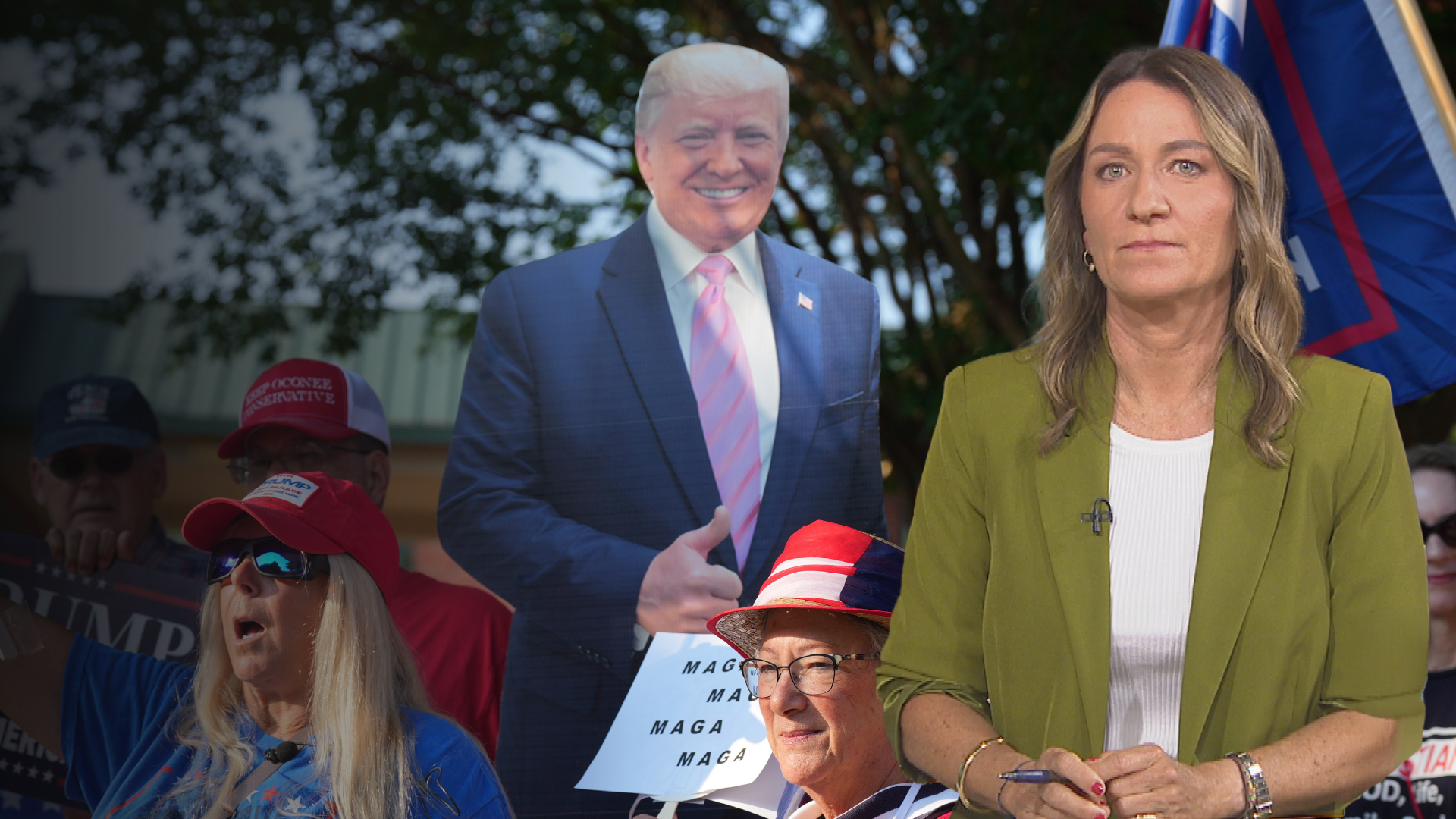
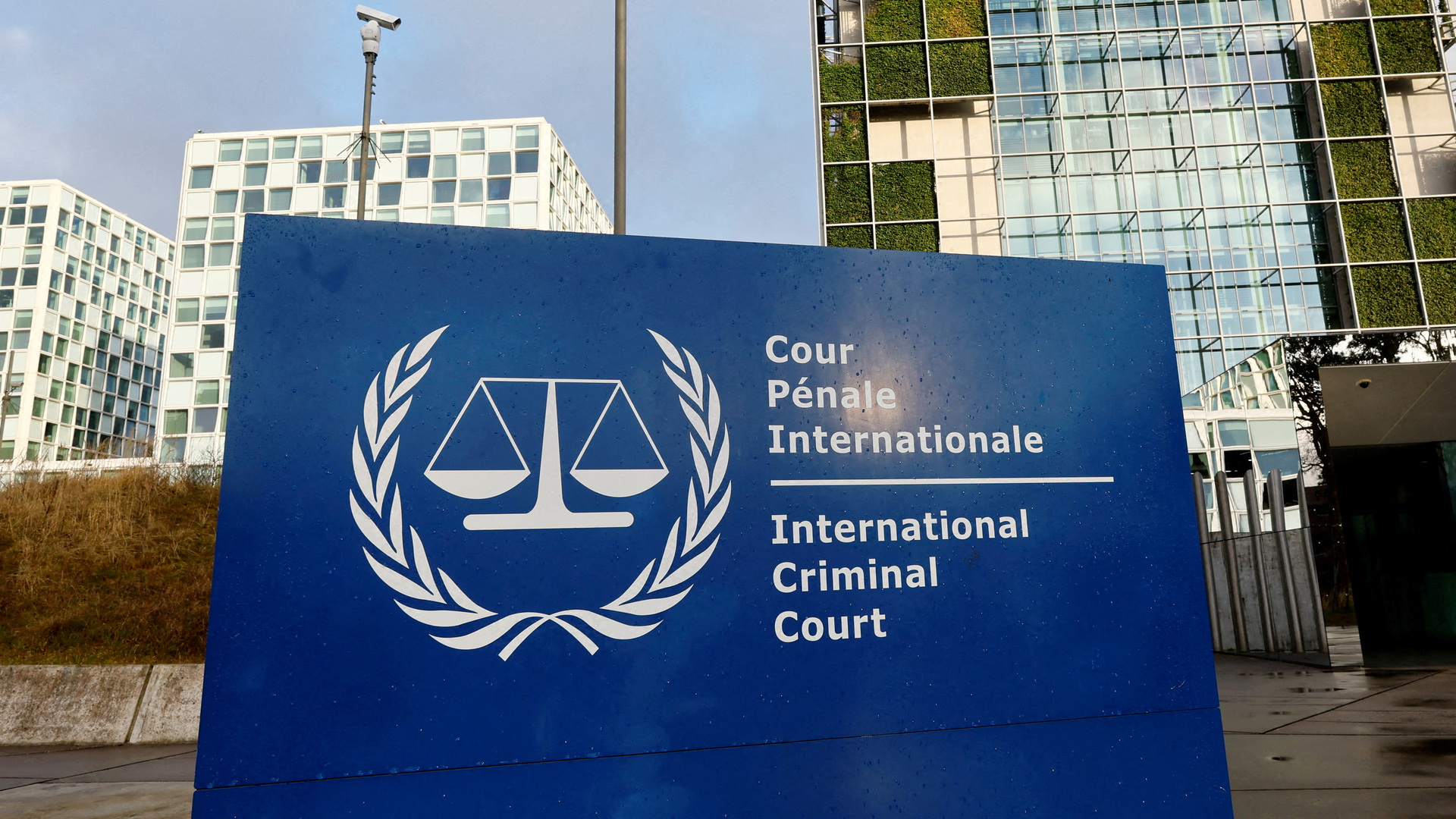
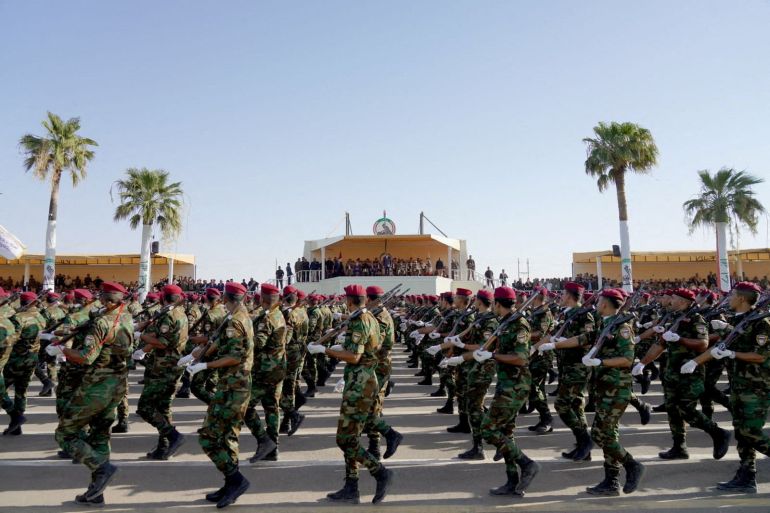

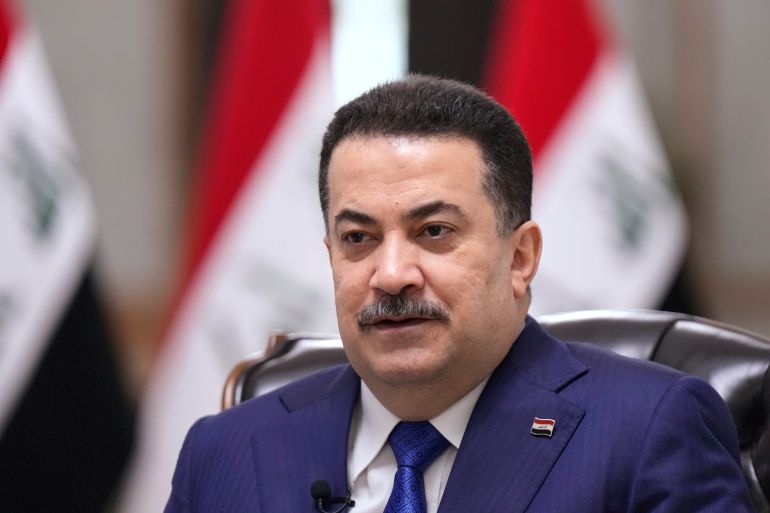
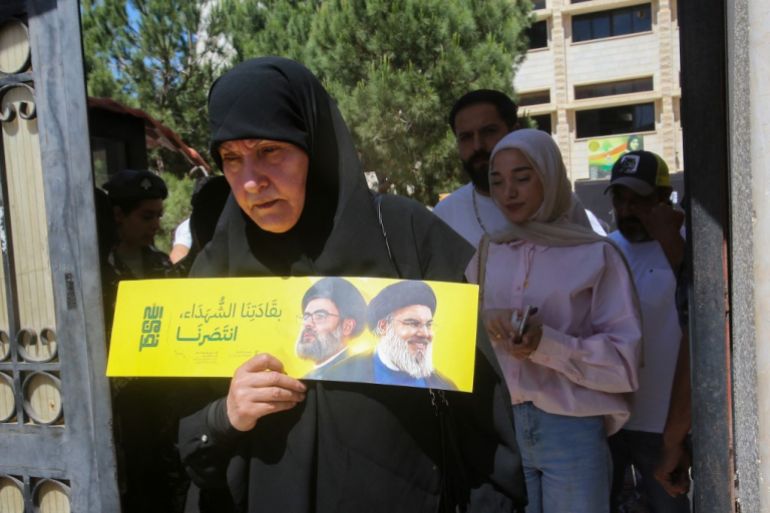
![A woman holds a flyer with portraits of slain Hezbollah leaders Hassan Nasrallah (R) and successor Hashem Safieddine (L) at a polling station in the municipal elections in Nabatieh in southern Lebanon on May 24, 2025. [Mahmoud Zayyat/AFP]](https://www.aljazeera.com/wp-content/uploads/2025/05/000_47YB2KF-1748088661.jpg?w=770&resize=770%2C513&quality=80)

